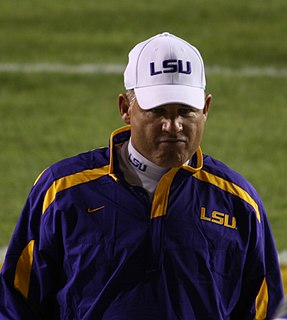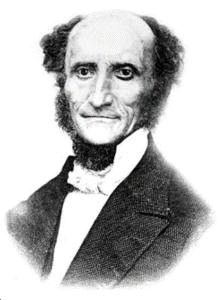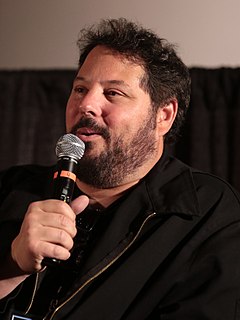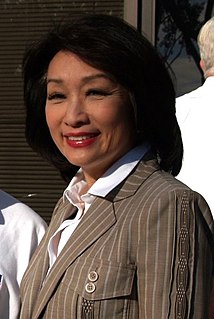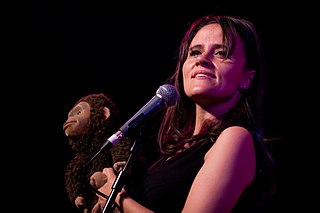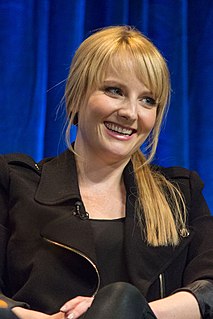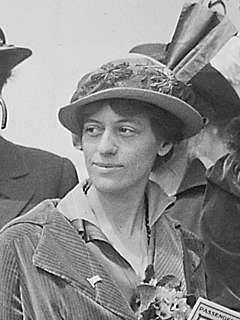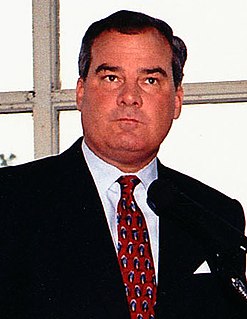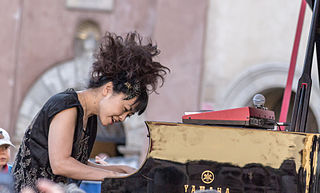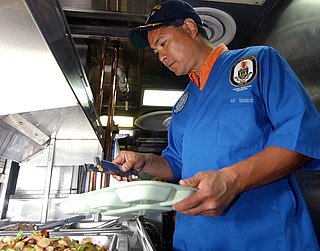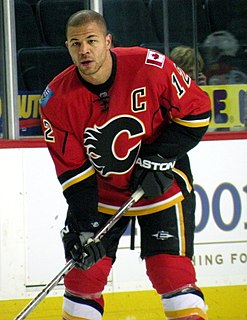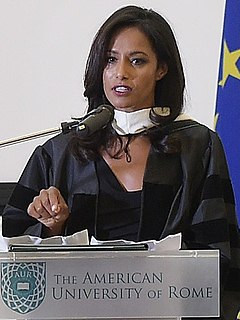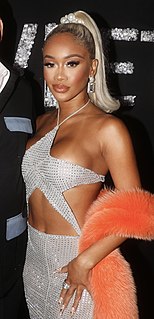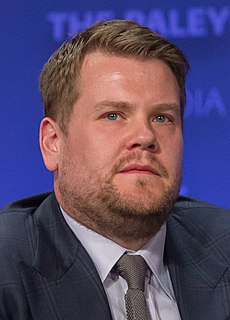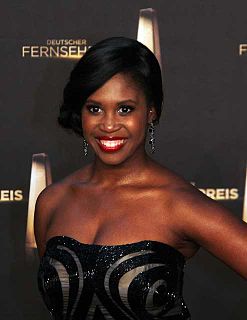Top 1200 English School Quotes & Sayings - Page 16
Explore popular English School quotes.
Last updated on October 12, 2024.
My favourite film-maker west of the English Channel is not English - but to me doesn't seem American either - David Lynch - a curious American-European film-maker. He has - against odds - achieved what we want to achieve here. He takes great risks with a strong personal voice and adequate funds and space to exercise it. I thought Blue Velvet was a masterpiece.
I didn't want to do a costume drama. It's a great thing to do, but I've done them, and I didn't want to do the same thing again. Of course, costume dramas can be from all different eras, but at the time, I just felt very sure that I didn't want to be boxed in as an English actress. I wanted to be an actress, rather than an English actress.
When we start making distinctions between soul and spirit, we're in very, very murky waters. There is the whole issue of the English language, which has a rather limited vocabulary when it comes to psychological descriptions, not to speak of spiritual descriptions. We're good mythically - the English language is superb for myth. But we're not very good for psychology or spirituality.
I was allergic to school. I was completely befuddled by school. I was trying so hard, but I couldn't succeed. I took geometry for four years, the same course over and over again, and I did not graduate with my senior class. I finally passed geometry after doing summer school, and eventually, I graduated.
I absolutely cannot see how one can later make up for having failed to go to a good school at the proper time. For this is what distinguishes the hard school as a good school from all others: that much is demanded; and sternly demanded; that the good, even the exceptional, is demanded as the norm; that praise is rare, that indulgence is nonexistent; that blame is apportioned sharply, objectively, without regard for talent or antecedents. What does one learn in a hard school? Obeying and commanding.
The embrace of present and past time, in which English antiquarianism becomes a form of alchemy, engenders a strange timelessness. It is as if the little bird which flew through the Anglo-Saxon banqueting hall, in Bede's Historia Ecclesiastica Gentis Anglorum, gained the outer air and became the lark ascending in Vaughan Williams's orchestral setting. The unbroken chain is that of English music itself.
I try to find a style that matches the book. In the Baroque Cycle, I got infected with the prose style of the late 17th and early 18th centuries, which is my favorite era. It's recent enough that it is easy to read - easier than Elizabethan English - but it's pre-Victorian and so doesn't have the pomposity that is often a problem with 19th-century English prose. It is earthy and direct and frequently hilarious.
My brother was a year younger than I am and he was never in the home with me hardly at all, ... My mom had to take him to every school there possibly was to get him some education. He ended up first in Columbus, Ohio, for grade school, then went to a high school for the deaf and Galludet in Washington.
I remember learning German - so beautiful, so strange - at school in Australia on the other side of the earth. My family was nonplussed about me learning such an odd, ugly language and, though of course too sophisticated to say it, the language of the enemy. But I liked the sticklebrick nature of it, building long supple words by putting short ones together. Things could be brought into being that had no name in English - Weltanschauung, Schadenfreude, sippenhaft, Sonderweg, Scheissfreundlichkeit, Vergangenheitsbewältigung.
I got into medical school at the University of California in San Francisco and did well. A lot of smart kids in medical school, and believe me, I wasn't not nearly the smartest one, but I was the most focused and the happiest kid in medical school. In 1979, I graduated as the valedictorian and was honored with the Gold Cane Award.
As a child, I walked with my friends to Rosa Parks Elementary and then to Ben Franklin Middle School. I rode Muni to Galileo High School. And thanks to amazing teachers who believed in me and supported me along the way, I was able to matriculate to another public school: the University of California at Davis.
I think that if you are sticking to the text, essentially, you're not trying to write your own version of it. I mean, of course, it is your own version of it. And every translator would probably have a different version. But I think that that's what keeps the writers from being individual in English. They may be my English, but I don't think that Ferrante sounds like Levi.
We the undersigned, intend to establish an instruction and training institution which differs from the common elementary schools principally in that it will embrace, outside of (in addition to) the general and elementary curriculum, all branches of the classical high school, which are necessary for a true Christian and scientific education, such as: Religion, the Latin, Greek, Hebrew, German, French and English languages; History, Geography, Mathematics, Physics, natural history, Introduction to Philosophy, Music, and Drawing.
Read a lot. But read as a writer, to see how other writers are doing it. And make your knowledge of literature in English as deep and broad as you can. In workshops, writers are often told to read what is being written now, but if that is all you read, you are limiting yourself. You need to get a good overall sense of English literary history, so you can write out of that knowledge.
I think the big challenge that we've got on education is making sure that from kindergarten or prekindergarten through your 14th or 15th year of school, or 16th year of school, or 20th year of school, that you are actually learning the kinds of skills that make you competitive and productive in a modern, technological economy.
What le Carré is so good at is unpicking something very specific about Englishness. That is almost part of why I think he wrote the novel. You can feel le Carré's anger that someone who has had the benefits of an English education and an English upbringing is using that privilege to basically do the worst things imaginable. There is an anger in the book about that.
The sign was spray-painted in Arabic and English, probably from some attempt by the farmer to sell his wares in the market. The English read: Dates-best price. Cold Bebsi. "Bebsi?" I asked. "Pepsi," Walt said. "I read about it on the Internet. There's no 'p' in Arabic. Everyone here calls the soda Bebsi." "So you have to have Bebsi with your bizza?" "Brobably.
Although I write in English, and despite the fact that I'm from America, I consider myself an Armenian writer. The words I use are in English, the surroundings I write about are American, but the soul, which makes me write, is Armenian. This means I am an Armenian writer and deeply love the honor of being a part of the family of Armenian wrtiters.
English audiences of working people are like an instrument that responds to the player. Thought ripples up and down them, and if in some heart the speaker strikes a dissonance there is a swift answer. Always the voice speaks from gallery or pit, the terrible voice which detaches itself in every English crowd, full of caustic wit, full of irony or, maybe, approval.
As a former high school teacher and a student in a class of 60 urchins at St. Brigid's grammar school, I know that education is all about discipline and motivation. Disadvantaged students need extra attention, a stable school environment, and enough teacher creativity to stimulate their imaginations. Those things are not expensive.
If you feel your school is failing you, the question is why. Is it a lack of parental involvement, large classes, school violence, poor learning environment? Are there any standards to determine where problems are? Are there tutoring or mentoring programs? If the school is still failing after 3 years then what are your options?
I acknowledge Mike Leigh and Ken Loach. They are prostlytizers of English socialism preaching to the converted and telling us what we already know. Cinema is best served away from documentary neo-realism. I come from a tradition of post-post-Italian neo-realism in England, where we've produced the best television in the world. But to paraphrase Truffaut, the English have no visual imagination.
If you're afraid to talk to the other adults in your school it is definitely throughout history the hallmark of a failing school. When I was writing about the teachers' strike in New York City in 1968, the middle school where events triggered that strike was a place where teachers were known to hide in their classrooms.
I don't speak cockney and I don't pretend to come from that part of the world. For the longest time the English, like the Beatles and so on sounded American. "She loves you yeah yeah yeah!" All of the sudden you sound American. It doesn't work that way with Americans who try to sing English. It's not convincing. If I say "Footy" and "tele" and "Brissy" and "Sydney" and "Simmo" it's not convincing.
I was in high school, and I was the guy that always got cast in the school play. Theater is huge in high school in Minnesota, and I knew that I was very good at that, and gifted, and I was 'the guy,' but it still wasn't something I ever thought of as 'a job' or something that one could do professionally.
I was 16 when my father died, and I had a choice to come back and live in his house or I'd stay at the school. But I felt if my father wanted me to go to that school when I was 5, there must have been a reason - and I understood that reason when I was a teenager, because that school became the only place where I was safe.
The biggest issue for me has been the language because I speak so much German now. I've had to focus on my English and find more words to describe what I want to say and also soften my tone. It was quite stiff from 20 years of speaking German, so when I started speaking more English, oh my god, my tongue was like: 'Argh'!
Shakespearean words, foreign words, slang and dialect and made-up phrases from kids on the street corner: English has room for them all. And writers - not just literary writers, but popular writers as well - breathe air into English and keep it lively by making it their own, not by adhering to some style manual that gets handed out to college Freshmen in a composition class.
To be blunt, I feel like lyricism in Spanish is of a different quality than English. You can get really poetic in Spanish, but I feel like if you do that in English, you risk sounding cheesy. In Spanish, it's never that. It's always this deep, passionate, beautiful imagery; it's painted different, a different color.
I went to public school, and I didn't do well in school. And it wasn't until, actually, I got into school at Juilliard - it was the first time in my life that I thought, 'Oh, maybe I'm not stupid,' because I was so inspired and passionate about what I was learning, and it was the first time in my life I had felt that.












